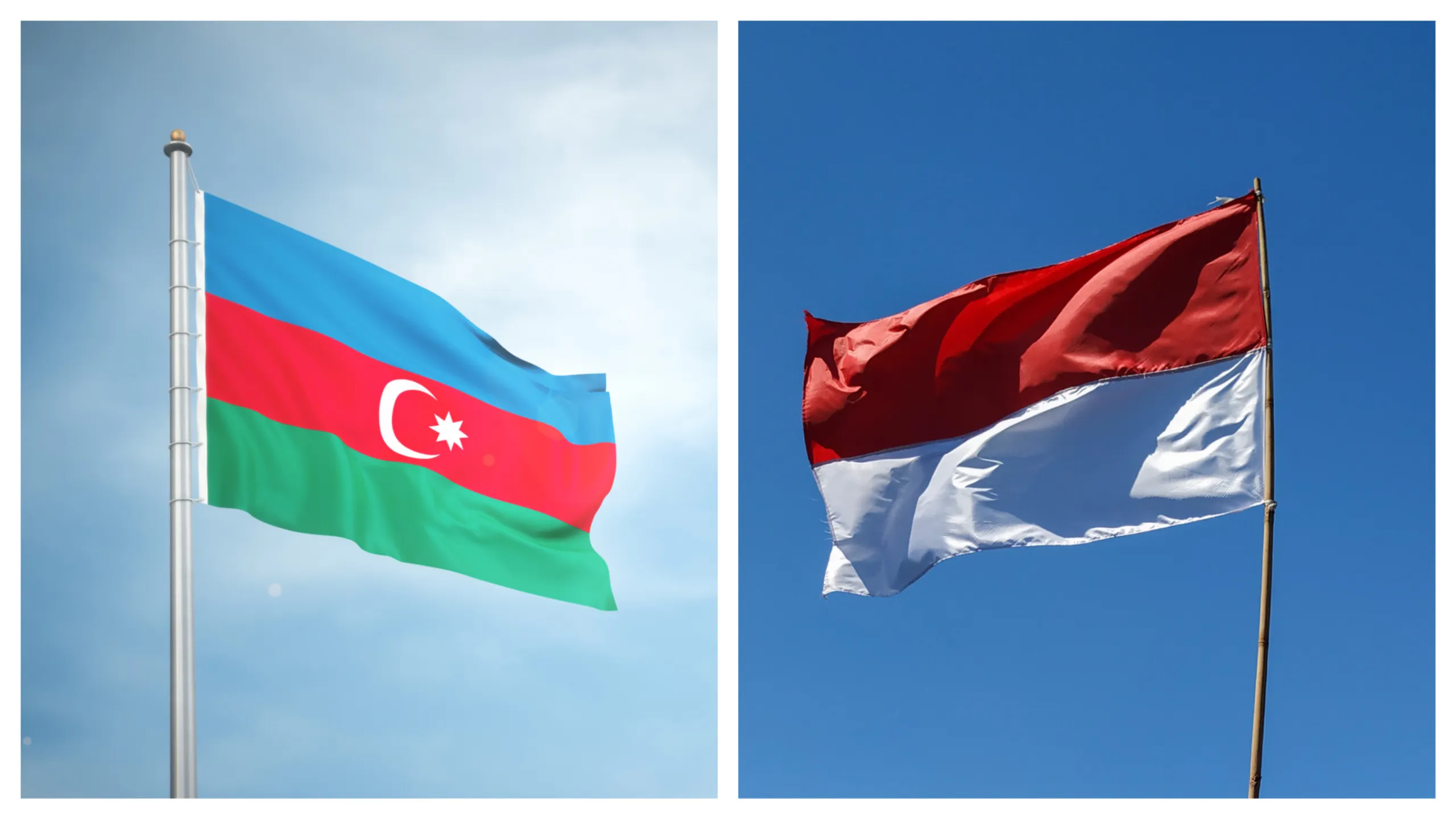In a significant development that will shape the future of Gaza’s stability, Indonesia and Azerbaijan have emerged as the leading candidates to spearhead the International Stabilization Force (ISF) set to deploy in Gaza, according to Israel HaYom.
This ISF is a centerpiece of President Donald Trump’s 20-point peace plan aimed at ending the ongoing Gaza conflict, demilitarizing the region, and paving the way for reconstruction. The force is expected to number in the tens of thousands and will play a critical role in stabilizing Gaza while Israeli forces stage a gradual withdrawal.
The inclusion of Indonesia and Azerbaijan, both Muslim-majority nations, carries considerable geopolitical weight. Indonesia boasts a long history of contributing to international peacekeeping missions, including the United Nations Interim Force in Lebanon (UNIFIL), lending valuable experience to this effort. Azerbaijan, on the other hand, maintains robust security ties with Israel, encompassing energy, defense, and intelligence cooperation developed over decades. Israel has deep trust in Azerbaijan’s capabilities, bolstered by the pivotal role Israeli military technology played in Azerbaijan’s recent conflicts, including the Nagorno-Karabakh wars. Together, these countries form an unlikely yet strategically significant coalition to ensure Gaza’s security and stability.
Join us now during our exclusive Deal of the Decade. Get everything for $7 a month. Not as fans. As fighters. Go to DailyWire.com/Subscribe to join now.
The decision to appoint Indonesian and Azerbaijani troops follows Israel’s firm rejection of Turkish forces’ participation, a stance accepted by the United States. This move underscores complicated regional dynamics, as Turkey has historically positioned itself as a protector of Palestinian interests. Saudi Arabia and the United Arab Emirates have also declined involvement, while Qatar was never seriously considered for the force. President Trump has made clear that no American combat troops will enter Gaza, limiting U.S. involvement to coordination and advisory roles.
Negotiations are ongoing to secure a United Nations Security Council resolution to legitimize the ISF’s deployment, a condition strongly insisted upon by Indonesia. However, Israel is cautious of Security Council resolutions due to past experiences where enforcement proved lacking and due to the added friction over proposals to recognize a Palestinian state within the resolution — something Israel firmly opposes. Despite skepticism about the force’s ultimate effectiveness and the resolution passing, the Israeli defense establishment has been instructed to give the plan a chance, with many anticipating that further military action against Hamas may become necessary.
A key unresolved issue is the extent of operational freedom the Israel Defense Forces (IDF) will retain to act against Hamas threats during the international force’s presence, paralleling their current autonomy in southern Lebanon against Hezbollah.
This situation showcases a historic confluence: Indonesia, a major Muslim country advocating for Palestinian independence while recognizing Israel’s security needs, and Azerbaijan, a strategic Israeli ally deeply involved in regional security vis-à-vis Iran, are joining forces to stabilize Gaza. Indonesian President Prabowo Subianto encapsulated this nuanced stance when he declared at the UN that peace requires that “we must also recognize and guarantee the safety and security of Israel.”
The Israel-Azerbaijan partnership is extensive, spanning energy (Azerbaijan supplies over half of Israel’s oil needs), defense (Israel is Azerbaijan’s top arms supplier), intelligence sharing, and diplomatic collaboration. Azerbaijan’s geopolitical position near Iran also adds a layer of regional complexity to this partnership.
The Indo-Azeri leadership of the ISF marks a bold and pragmatic approach to one of the most volatile conflict zones in the world.

.png)
.png)

